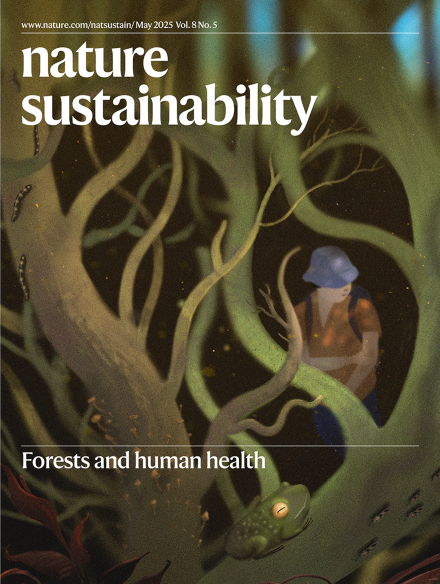Ahead of the resumption of the fifth round of negotiations for a global treaty to end plastic pollution (INC-5.2) in Geneva, a new Commentary in Nature Sustainability, with Stefano Aliani of CNR-Ismar as one of the authors, stresses the crucial importance of basing the agreement on solid scientific evidence, both during and after the negotiations.
The authors highlight that independent, science-based input is critical to inform the final stage of negotiations, providing a neutral basis for resolving contentious technical issues and ensuring that the treaty is effective and workable during all stages of implementation.
Written by 16 international experts, the article outlines a set of scientific priorities to support the development of a global instrument capable of ending plastic pollution and mitigating its widespread impacts on the environment and human health. It highlights provisions in the President’s negotiating text that relate to these recommendations and provides timely input for policymakers and journalists ahead of the resumption of negotiations in Geneva in August 2025.
Four key points to be achieved for a robust and effective treaty are highlighted:
- A global target to limit the production of primary plastic polymers to sustainable levels within a specific time frame, based on scientific indicators and regularly overseen by a scientific body;
- A list of harmful chemicals and problematic plastic products based on global criteria and sound science, including clear phase-out timeframes;
- A framework for rigorous monitoring to assess treaty effectiveness and ensure transparent decisions supported by globally standardized protocols including assessment of the effectiveness of recovery actions based on objective, open-access data;
- A robust interface between science, policy and society, based on independence, interdisciplinarity, inclusiveness and policy relevance, to support decision-making and treaty implementation.
The article calls on member states to include binding provisions in the treaty to reduce unsustainable plastic production and address hazardous chemicals and products that may be contained in plastics, and to adopt appropriate models for integrating cutting-edge science with traditional and local knowledge.
Further information:
Stefano Aliani
Cnr-Ismar
Forte S.Teresa sns
19036 Pozzuolo di Lerici
La Spezia
0187/1788911
See also:


